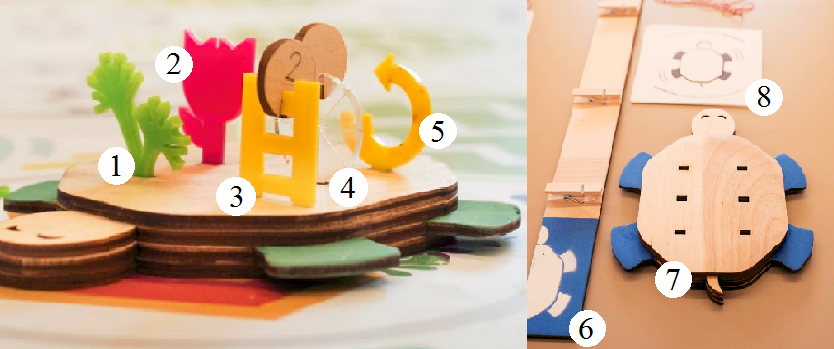Training Computational Thinking through board games: The case of Crabs & Turtles
DOI:
https://doi.org/10.17083/ijsg.v5i2.248Abstract
As a cognitive ability computational thinking describes a specific way of algorithmic reasoning building on concepts and processes derived from computer programming/coding. Recently, computational thinking was argued to be a fundamental and educationally relevant 21st century skill that should be fostered already in childhood. Accordingly, we developed three life-size board games – Crabs & Turtles: A Series of Computational Adventures – aimed at providing an unplugged and low-threshold introduction to computational thinking. In particular, the games aimed at introducing basic coding concepts and computational thinking processes to 8 to 9-year-old primary school children. In the current study, we first describe the design of the games in detail to explicate the development process and allow for reproducibility. We then report on a first empirical evaluation of feasibility and user experience of our educational board games in a two-phase approach. We conducted quantitative analyses of player experience and qualitative feedback of adult student participants (Phase 1) and a sample of gamification experts and teachers (Phase 2). We examined users’ game experience with an adult population to ensure the game’s appropriateness. Results indicated overall positive game experience for all three games. Future studies would be desirable, which should evaluate player experience and learning outcomes in the primary target population of children.

Downloads
Published
Issue
Section
License
IJSG copyright information is provided here.
